
Labbe Breed Information & Characteristics
Hypoallergenic
Are Labbes Hypoallergenic?
Unfortunately, the Labbe is not hypoallergenic, making it not a good choice for a dog lover who suffers from pet allergies.
Temperament
What is a Labbe personality? What are Labbe dogs best known for?
Playful
Loving
Independent
Energetic
Alert
Intelligent
Friendly
Responsive
Affectionate
Loyal
Lively
Gentle
Going
Social
Sweet
Cheerful
Shedding Level
Are Labbes heavy shedders? How Much Does a Labbe Shed?
Labbe dogs are not heavy shedders, but they will lose a significant amount of hair each year. To decrease the amount of shedding, you can regularly brush your Labbe. This will remove loose hair and keep his coat growing in the same direction.
Watchdog Ability
What is the watchdog ability of a Labbe dog?
Labbes are very good watchdogs. They are a vocal breed, and are wary of outsiders, so if someone approaches your home or aims to intrude, the Labbe is going to make sure everyone knows about it.
Origin
Where do Labbes come from?
United States
Ancestry
What are Labbes descended from?
Labrador Retriever and Beagle
Breed recognition
What organizations or kennel clubs recognize/register the Labbe breed?
ACHC = American Canine Hybrid Club
DBR = Designer Breed Registry
DDKC = Designer Dogs Kennel Club
DRA = Dog Registry of America, Inc.
IDCR = International Designer Canine Registry®
Date of Birth
When were Labbes first bred? How old is the Labbe breed?
1990s
Eye Color Possibilites
What color are Labbe eyes?
Brown
Nose Color Possibilites
What color can Labbe nose be naturally?
Black
Coat Color Possibilites
What color can Labbe coat be naturally?
Black
Brown
White
Fawn
Red
Coat Length
How long is a Labbes coat?
Labbes are known for their short coat.
Coat Density
How Dense Is The Labbe Coat?
Coat Texture
What is the texture of the hair of a Labbe?
Straight
Litter Size
How many puppies can a Labbe have in a litter? How many puppies can a Labbe have in her first litter?
A Labbe can have a litter of 2-14 puppies on average. However, it's worth noting that the size of the litters can vary greatly. Factors that can influence litter size include the health of the mother, breeding history, and genetics.
Adaptability
Labbes are known for their adaptability and versatility, they are capable of adapting well to a wide range of lifestyle changes and living environments. They are a highly adaptable breed, and make great companions for families and individuals of all lifestyles.
Health Issues
Do Labbes have a lot of health problems?
The Labbe is generally considered to be healthy. However, like all breeds, they are susceptible to certain health issues and it is important to keep an eye out for them and address them with your veterinarian as needed.
Major Concerns
What are the major health concerns to be aware of when owning a Labbe?
Gastric Torsion
Elbow Dysplasia
Intervertebral Disc Disease
Hip Dysplasia
Epilepsy
Congenital Heart Defect
Osteochondritis Dissecans
Minor Concerns
What are the less significant issues to keep in mind when it comes to Labbes?
Otitis Externa
Cataract
Progressive Retinal Atrophy (PRA)
Occasional Tests
What are the occasional tests recommended for Labbe breed?
X-Rays
MRI
Full Body Physical Examination
Eye and Ear Examination
Hip and Elbow X-rays
Energy
Do Labbes have a lot of energy?
Labbes are known for their high energy levels, so if you're looking for a more low-key dog, this breed may not be the best choice.
Social Needs
Do Labbes need socialization? How social are Labbes?
Labbe have very high social needs. These needs include regular mental and physical stimulation, a job or purpose, and companionship. They thrive in environments where they have a lot of interaction with humans and other dogs.
Exercise Needed
How much exercise should Labbes get?
The Labbe dog needs significant physical activity to maintain a healthy lifestyle. They are also well-suited for those who lead an active lifestyle and enjoy activities such as running, hiking, or other outdoor pursuits.
Sleeping Need
How much sleep should a Labbe have? Do Labbes sleep a lot?
Labbes dogs are tend to sleep less than other breeds, but they still require adequate sleep to maintain good health.
Tendency to Bark
How much does it bark?
The Labbe is a vocal breed, with a tendency to bark and howl frequently. They may not be the best fit for those seeking a quiet companion. Their barks can vary and can indicate different emotions and needs.
Mouthiness
Are Labbes mouthy?
Roaming urge
What is the likelihood of a Labbe running away? Do they have a tendency to explore or wander frequently?
Prey Drive
Do Labbe dogs have a high prey drive?
Past times
What do Labbes enjoy doing? How do I keep my Labbe busy?
Fetch, Walks, Walking, Chasing Moths, Laser Play, Tug-of-war, Running, Tricks, Hiking, Wrestling, Swimming, Lounging, Dog Parks, Eating Snacks
Activity Level
What is the energy level of a Labbe? How much energy does a Labbe have?
Labbes are high-energy dogs. They need mental as well as physical exercise. These dogs require a lot of your involvement and without it they can, and will, become problematic dogs.
Tolerance of being left alone
Walks per Week
How far should a Labbe walk each week? How many miles should a Labbe walk every week?
There's really no limit to how far you walk your dog as long as they're comfortable. For Labbe, it's at least 14 miles / week. Just remember to build distance and stamina gradually over time.
Activity per Day
How much a Labbe should exercise a day? How much activity does a Labbe need?
In general most Labbes usually need at least 60 minutes of exercise daily. This can be spread across the day and include all sorts of high-energy activities, like walking, running and playing.
Grooming
What level of grooming should be provided for a Labbe?
The Labbe is a breed of dog that does not require extensive grooming.
Brushing Frequency
How often should you brush a Labbe?
Labbe should be brushed at least once a week. Of course you can give them more frequent brushes if you find that they are still shedding a lot
Brushing Tools
What are the most commonly used brushing tools for Labbes?
Pin Brush
Flea Comb
Nail Clipper
Cups
How many cups of food does a Labbe eat?
For an average 25-40 pound (11 - 18 kg) Labbe feed 3 cups daily. But, keep in mind, the amount you feed is going to be dependent on the quality of the food you are feeding.
Daily Cost
How Much Does a Labbe Cost Daily?
The average cost of a Labbe is somewhere $1.70 - $2.00 per day.
Monthly Cost
How Much Does a Labbe Cost Per Month?
The average per month expenses of a Labbe is between $48 - $63. This makes an average of $576 - $756 per year. It will be on the higher side when the dog is still small because it will need more frequent visits to the vet, shots.
Intelligence
How intelligent is a Labbe?
The Labbe breed is considered very intelligent and easy to train.
Sensitivity Level
How sensitive is a Labbe dog?
This dog breed is particularly attuned to its environment and the emotions of those around it. It can be easily overwhelmed by loud noises, new environments, and unfamiliar people or animals. This dog is best suited for individuals or families who are patient, gentle, and understanding of its sensitive nature. It may also benefit from a calm and stable home environment, with a consistent routine and plenty of positive reinforcement training.
Affection Dependance
Are Labbe dogs affectionate?
Apartment Friendly
Do Labbe do well in apartments? Are Labbes good indoor dogs?
It's not recommended to keep the Labbe in an apartment, but this breed make good apartment dogs as long as they get to spend a good amount of time outside of the apartment. Labbes living in apartments will need plenty of physical exercise and stimulation throughout the day to remain happy and well-behaved.
Child Friendly
Are Labbes good with kids? Are Labbes good around children?
A Labbes typical characteristics indicate that this breed of dog is an ideal companion for kids and makes them family pets. Their gentle and protective nature and calm mentality make them gel along quickly with the younger humans
Senior-friendly
Are Labbes good for elderly?
Cat Friendly
Are Labbes good with cats? How friendly Labbes are toward cats?
Labbes are one of the best dogs for cats. They're accept cats readily as part of the family. However, this dog breed should be trained to not chase after the kitty early on
Dog Friendly
Do Labbe dogs get along with other dogs? Are Labbes OK with other dogs?
Labbes are very friendly towards other dogs. This breed typically have a happy and affectionate temperament around dogs.
Pet friendly
How do Labbe dogs interact with other pets? Are they considered pet-friendly?
Stranger Friendly
Are Labbes friendly with strangers?
Labbes are very friendly around strangers.
Playfulness
Do Labbes like to play? Are Labbes playful?
Labbes are known to be highly playful dog. So if you're not up for all that, think about adopting a slightly older Labbe for a mellower experience.
Trainability
Are Labbe easily trained?
The Labbe is a breed of dog that is known for being very easy to train. They are highly intelligent and eager to please, which makes them a great choice for both experienced and novice dog owners.
Compare Labbe with other breeds

Brussels Griffon
Labbe vs Brussels Griffon
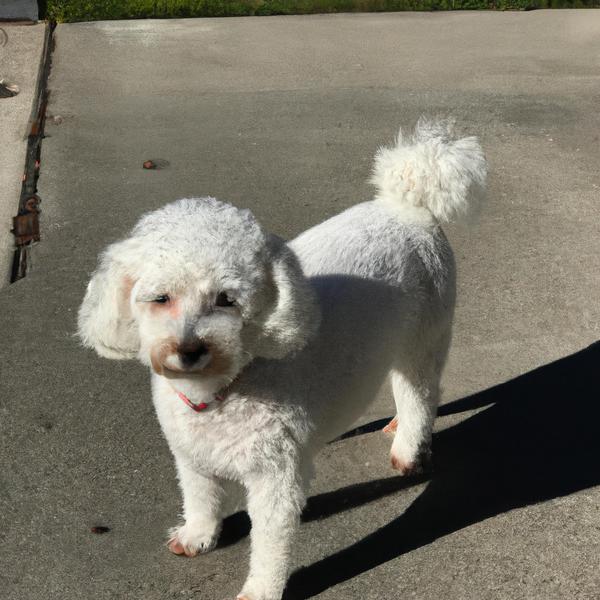
Jackie-Bichon
Labbe vs Jackie-Bichon
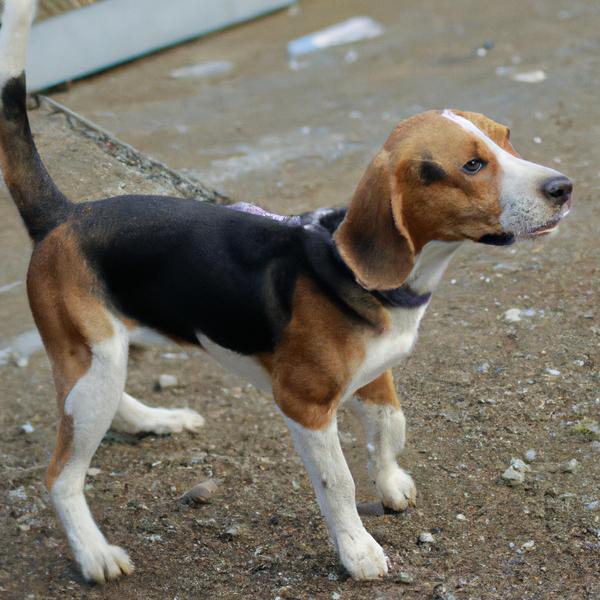
Wire Fox Beagle
Labbe vs Wire Fox Beagle
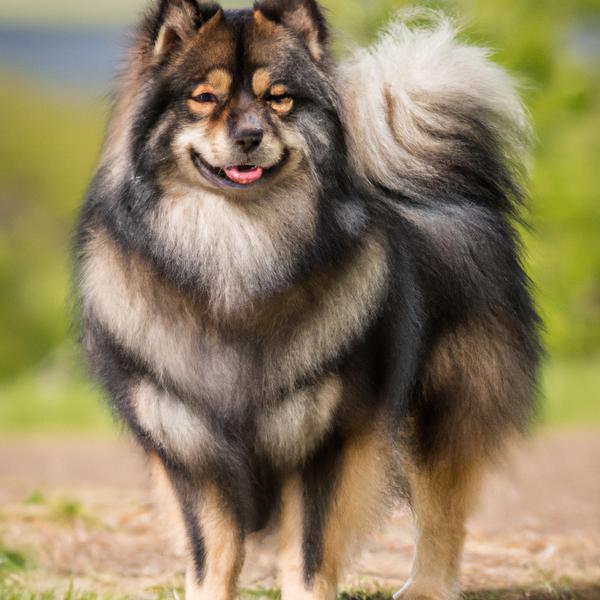
Finnish Lapphund
Labbe vs Finnish Lapphund
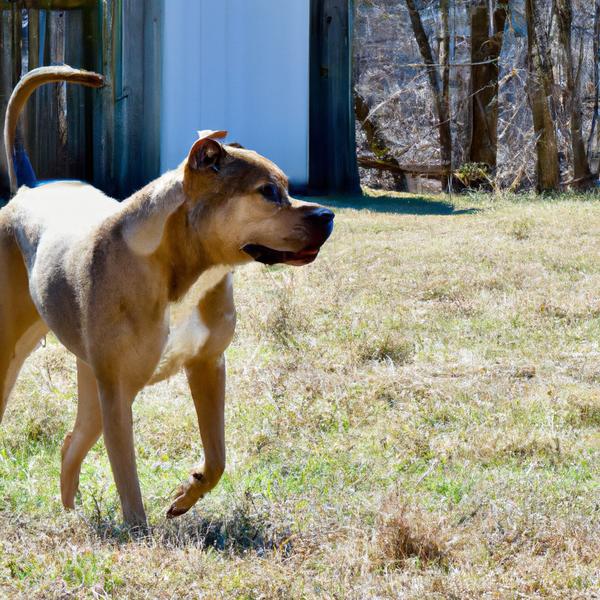
Shepherd Pit
Labbe vs Shepherd Pit
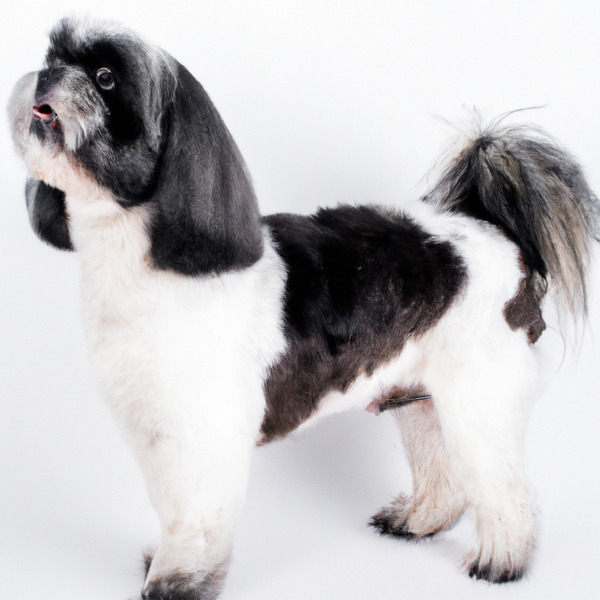
Chizer
Labbe vs Chizer
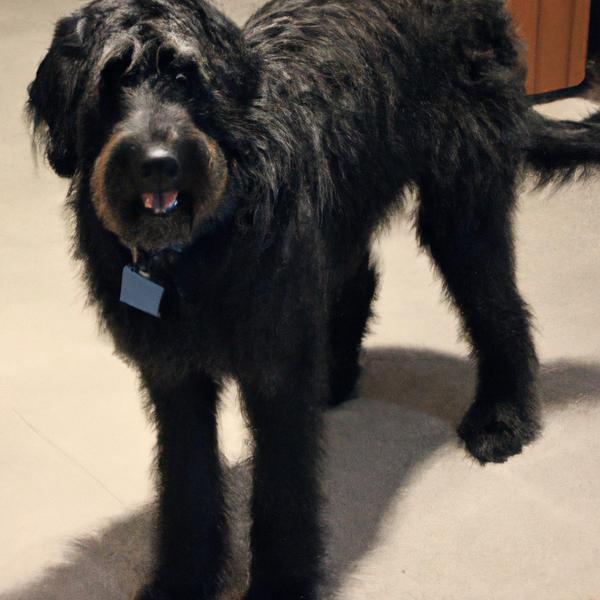
Beauceroodle
Labbe vs Beauceroodle
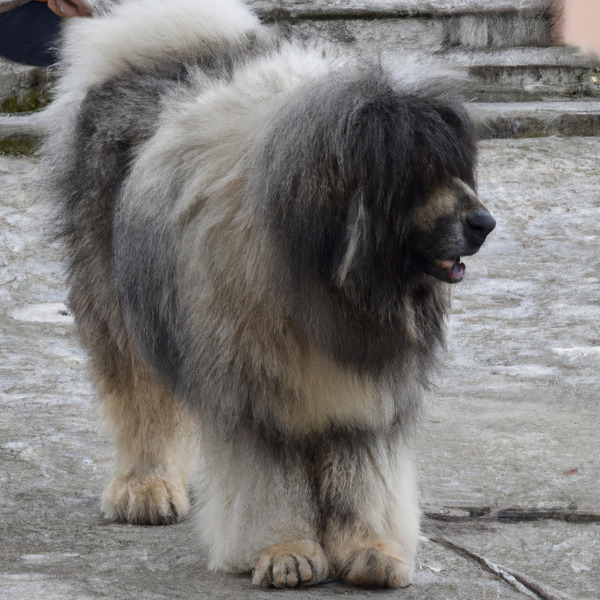
Himalayan Sheepdog
Labbe vs Himalayan Sheepdog
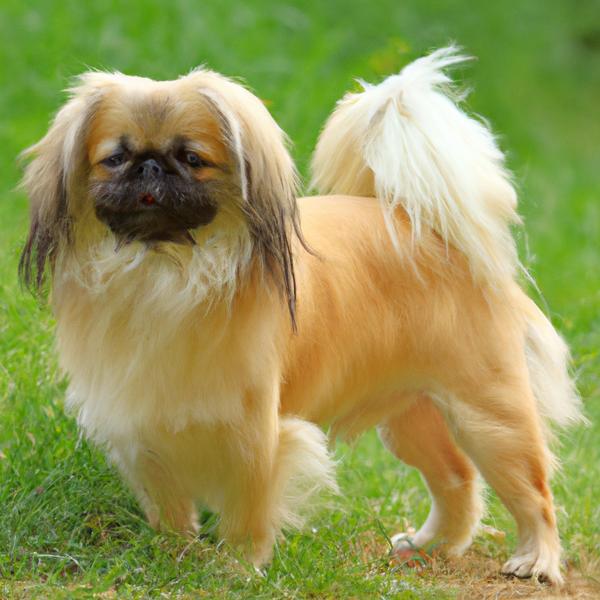
Peke-Italian
Labbe vs Peke-Italian
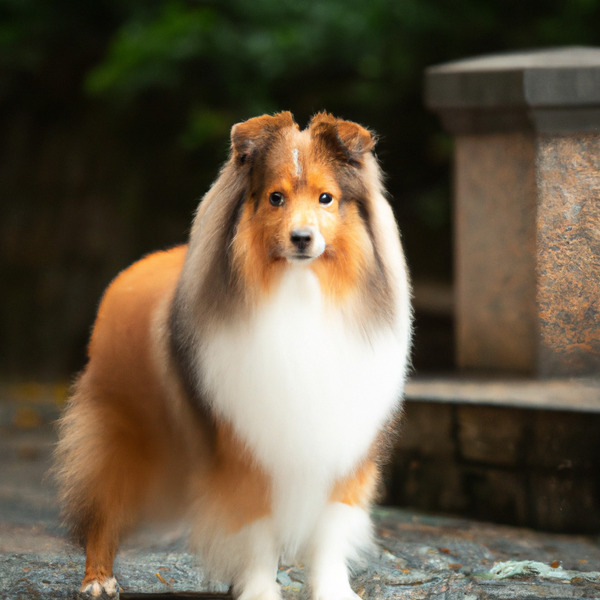
Shetland Sheepdog
Labbe vs Shetland Sheepdog
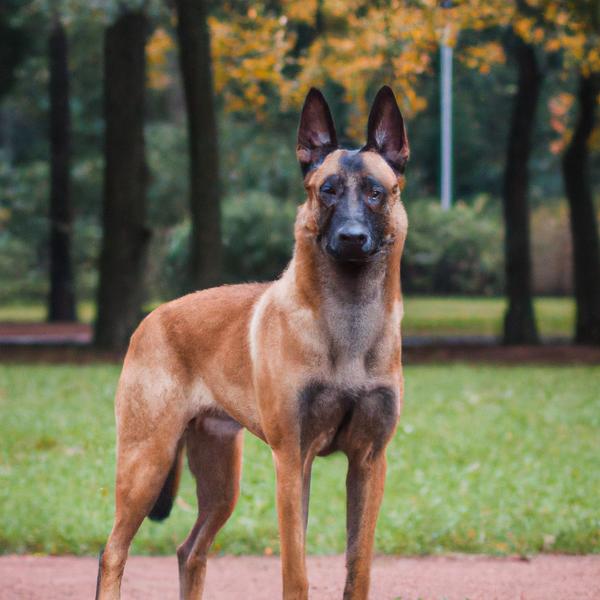
German Malinois
Labbe vs German Malinois
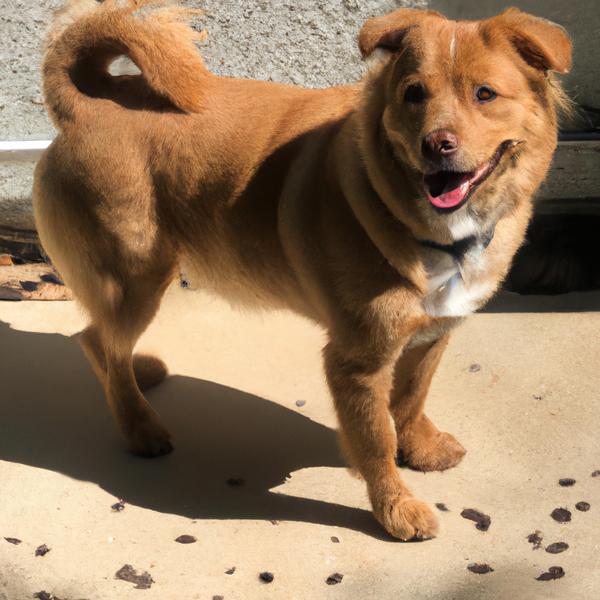
Black Mouth Pom Cur
Labbe vs Black Mouth Pom Cur